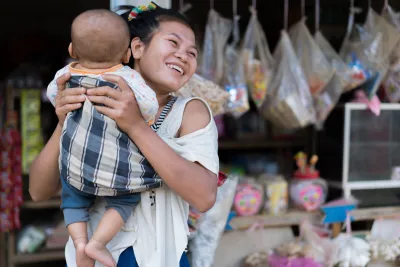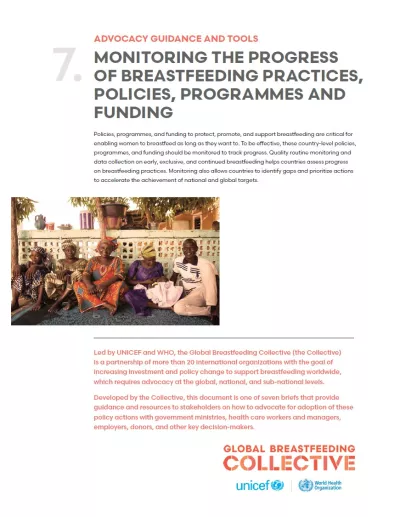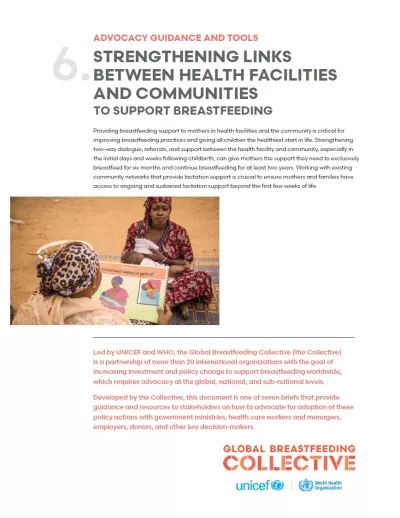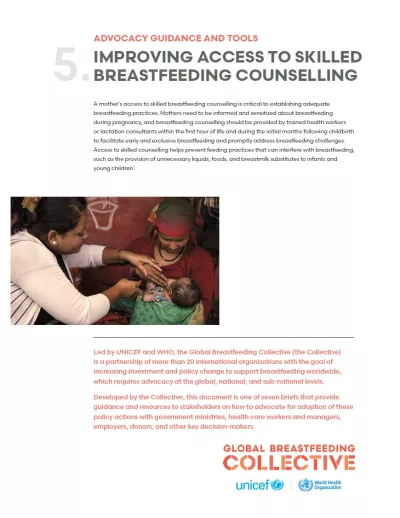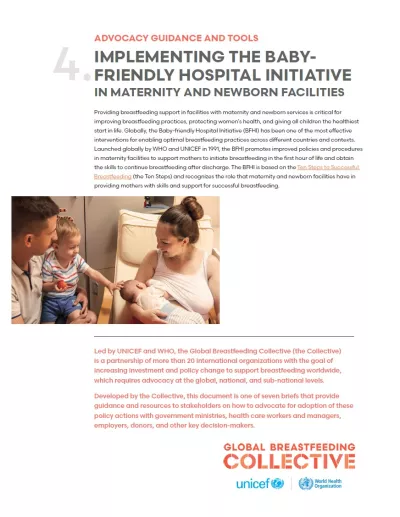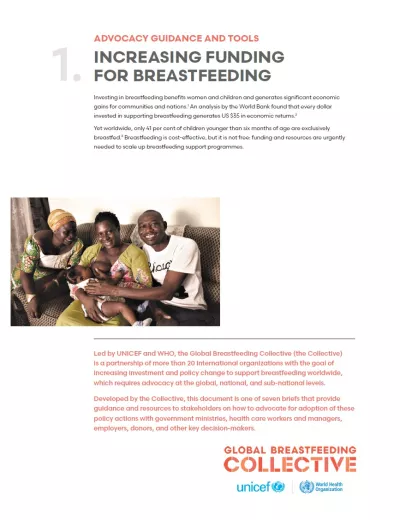Search results
Breastfeeding Advocacy Toolkit
A knowledge and tool base for breastfeeding advocates
The Breastfeeding Advocacy Toolkit is a comprehensive collection of advocacy tools and resources aimed at improving policies and financing for the protection, promotion, and support of breastfeeding. The Toolkit is intended for breastfeeding advocates and other stakeholders seeking information and tools to support the Collective’s seven policy actions.
